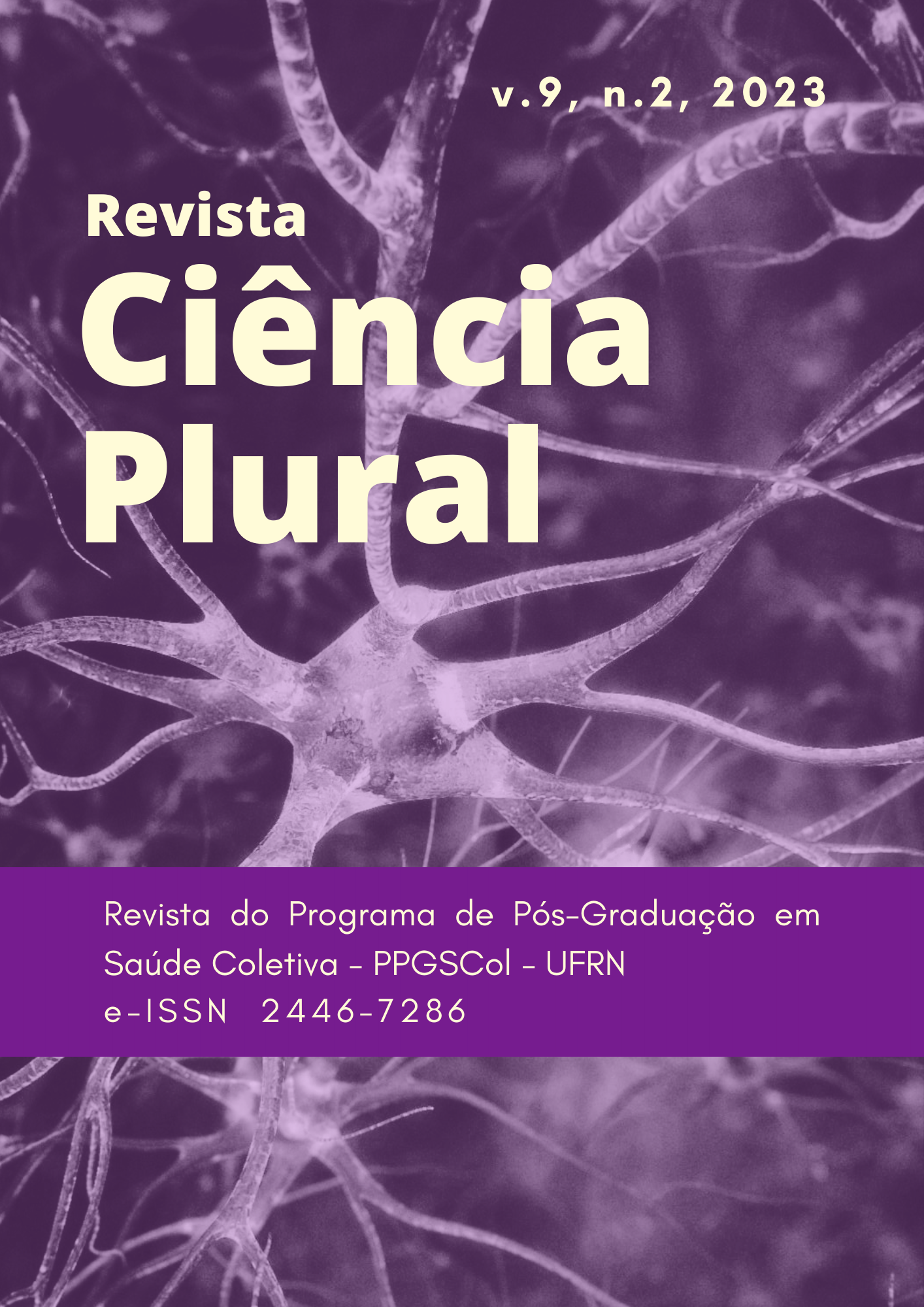Interpretaciones de los profesionales de la salud sobre las fake News
DOI:
https://doi.org/10.21680/2446-7286.2023v9n2ID30490Resumen
Introducción: Las fake news son la propagación de noticias falsas difundidas de forma intencionada, que pretenden inducir a error. En salud, sus repercusiones son negativas por las consecuencias que puede generar el no afrontar las condiciones de salud de los pacientes. Objetivos: Verificar qué entienden los profesionales de salud por fake news y evaluar si los profesionales sanitarios identifican fake news ante ellas. Metodología: Se trata de una investigación cuantitativa, exploratoria, cuyos participantes fueron profesionales de la salud de una ciudad de mediano porte del oeste de Paraná, que respondieron al instrumento de recolección de datos en línea. Los datos fueron sistematizados y analizados mediante estadística descriptiva. Resultados: 169 profesionales entienden las fake news como información engañosa; se mantienen informados a través de programas de noticias televisivos; reciben más a menudo noticias falsas a través de WhatsApp; verificar información en sitios confiables; comprender que las noticias falsas conllevan riesgos para la salud; ya han servido a personas que creen en noticias falsas; saben que crear y difundir noticias falsas es un delito y saben identificar las noticias falsas. Conclusiones: Ante la infodemia vivida, se sugiere la apropiación de las redes sociales para la divulgación científica comprometida con la salud para que la sociedad pueda acceder a información confiable basada en evidencia científica.
Descargas
Descargas
Publicado
Cómo citar
Número
Sección
Licencia
Derechos de autor 2023 Revista Ciência Plural

Esta obra está bajo una licencia internacional Creative Commons Atribución-NoComercial-CompartirIgual 4.0.
À Revista Ciência Plural ficam reservados os direitos autorais referente a todos os artigos publicados.

 Português (Brasil)
Português (Brasil) English
English Español (España)
Español (España)










2.png)
